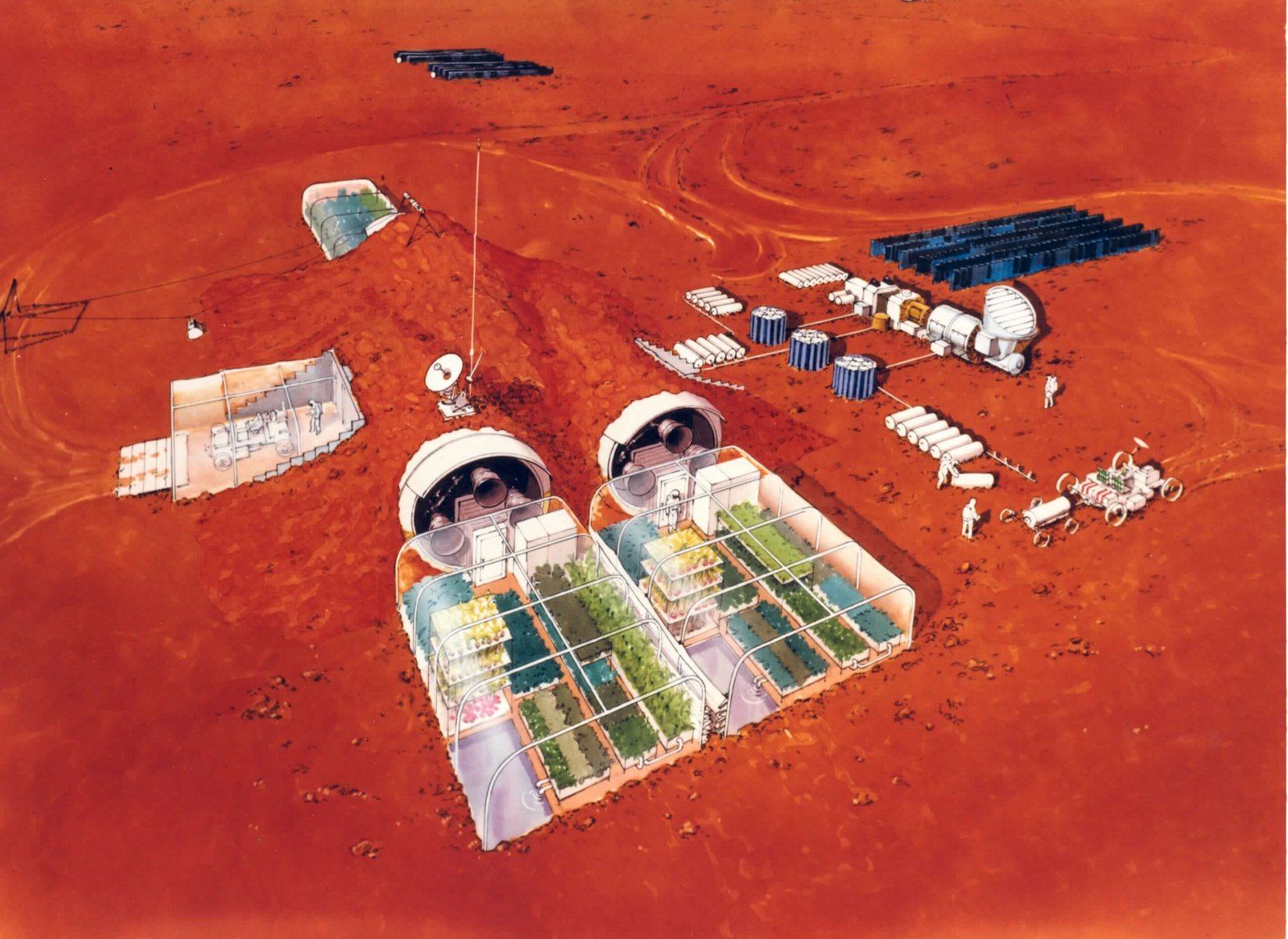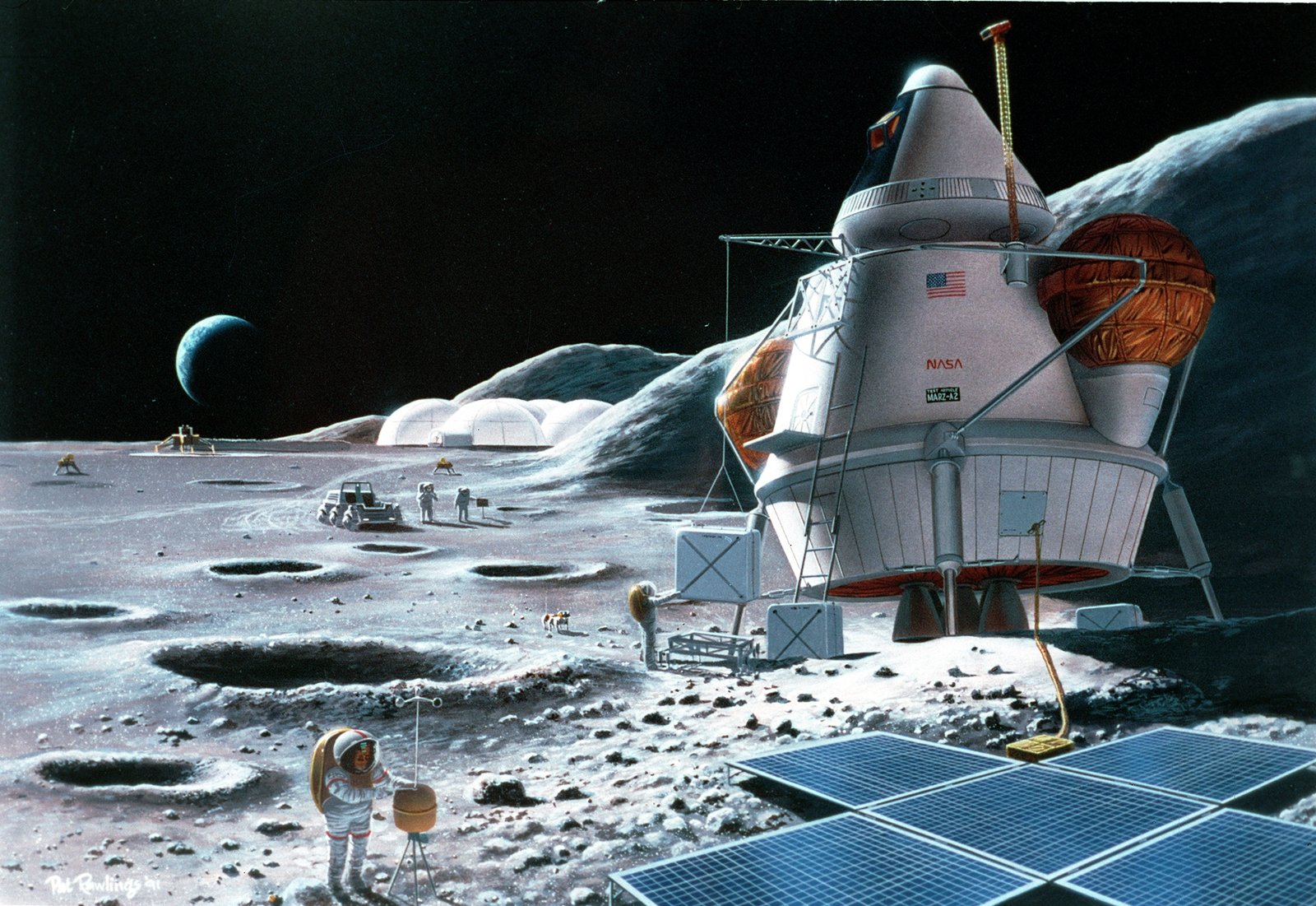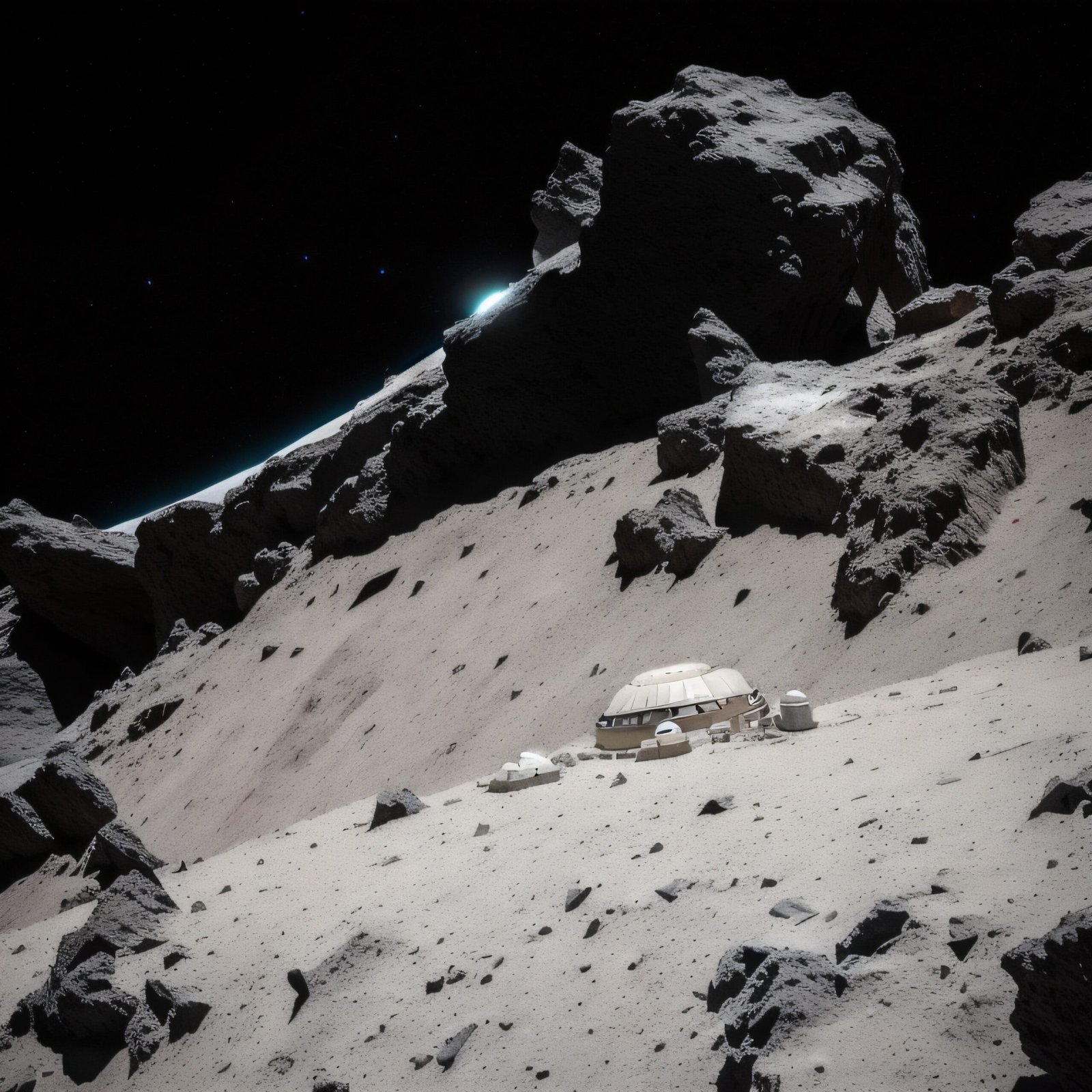The Vision of Space Colonies

Space colonies have ignited imaginations for decades, promising a future where humanity thrives among the stars. The dream is bold: create self-sufficient habitats on planets like Mars or the Moon, not just to escape Earth’s limits but to build something radically new. Science fiction has long painted these visions, but today’s scientists and engineers are turning fiction into plausible blueprints. The goal stretches beyond mere survival—it’s about building societies that might avoid the pitfalls that have plagued Earth. Major space agencies and private companies are now working to make these ideas real, with missions and prototypes hinting at what’s to come. As global interest in space exploration surges, the possibility of living off-world feels less like a fantasy and more like an inevitable chapter in human history. The big question remains: can these colonies deliver on their utopian promise, or are they destined to mirror our flaws?
Technological Innovations Driving Space Colonization

Cutting-edge advances are rapidly shifting space colonization from speculation into actionable reality. SpaceX’s Starship, designed for reusable and cost-effective interplanetary travel, is aiming to shuttle large groups of people and cargo to Mars within this decade. NASA’s Artemis program, targeting a permanent lunar base by the late 2020s, is laying the groundwork for even more ambitious ventures beyond Earth. New life-support systems are being tested to recycle water and air, while hydroponic and aeroponic farming methods have been demonstrated aboard the International Space Station. 3D printing using local materials—like lunar regolith or Martian soil—could soon allow for on-site construction of habitats, reducing the need for costly Earth imports. These technologies are not mere prototypes; they’re being tested in analog environments on Earth and, increasingly, in orbit. Each breakthrough brings us closer to sustainable living in space, but every step forward also reveals new technical and logistical hurdles.
The Economic Implications of Space Colonies
The economics of space colonization are staggering, with both dazzling opportunities and daunting challenges. The global space economy, already valued at roughly $600 billion in 2024, is projected to surpass $1 trillion by 2040, fueled by commercial interests from tourism to mining. Establishing colonies could spark entirely new industries: asteroid mining for rare metals, off-world agriculture, and deep-space logistics, to name a few. However, the upfront costs are immense—estimates for a simple Mars outpost run into tens of billions of dollars, with ongoing expenses that could strain even the wealthiest nations or corporations. Questions swirl around who will fund these ventures and how the benefits will be distributed. Critics warn that focusing resources on space risks neglecting urgent needs back home, while supporters argue that the economic multiplier effects and technological spin-offs could benefit all of humanity. The outcome will likely hinge on finding a balance between investment, innovation, and inclusivity.
Ethical Considerations in Space Colonization

Space colonization presents a host of ethical challenges that go far beyond technology and economics. The potential for contaminating pristine worlds raises questions about humanity’s right to alter other planets, especially if microbial life exists there. The Outer Space Treaty of 1967, signed by over 100 nations, states that space should be explored for the benefit of all humankind and prohibits national appropriation of celestial bodies. In practice, private interests and geopolitical rivalries complicate this noble vision. Who gets to decide the rules on Mars or the Moon? What rights, if any, would future space inhabitants have? There’s also the moral dilemma of exporting Earth’s inequalities, biases, and conflicts into new worlds. Without careful planning and global cooperation, space settlements could repeat colonial mistakes, favoring a privileged few while sidelining others. These dilemmas demand careful thought and international dialogue as the dream of space colonies moves closer to reality.
Environmental Impact of Space Colonization
The environmental consequences of colonizing space are profound, both off-world and on Earth. Launching rockets remains carbon-intensive, with each mission contributing significant emissions and potentially affecting atmospheric chemistry. On other planets, extracting resources like water or minerals could disrupt previously untouched ecosystems—imagine strip-mining on Mars or drilling into the lunar surface. While proponents argue that spreading out humanity could relieve pressure on Earth’s biosphere, the environmental costs of setting up and maintaining off-world colonies are far from trivial. A recent study in “Nature” emphasizes that without strict sustainability measures, space activity could harm both celestial and terrestrial environments. There’s also the risk of introducing terrestrial microbes to alien worlds, potentially wiping out native life forms before they’re even discovered. These realities underscore the need to integrate environmental stewardship into every stage of space colonization planning.
Psychological Effects of Living in Space
Living in space is not just a technical challenge—it’s a psychological one. Astronauts on the International Space Station report feelings of isolation, homesickness, and sensory deprivation, even on relatively short missions. Extended stays in confined, artificial environments can lead to anxiety, depression, and conflict among crew members. A European Space Agency study found that psychological stress increases the longer people are away from Earth, especially without green spaces or privacy. The absence of familiar sights, sounds, and social networks can be disorienting and even traumatic. To counter these effects, researchers are experimenting with virtual reality “windows,” communal activities, and biophilic design—incorporating plants and natural light into habitats. But the challenges only multiply as missions grow longer and more distant. Preparing colonists for the mental rigors of life off-world will be as critical as any life-support system or technical innovation.
Social Structures in Space Colonies
Space colonies will require unique social structures to survive and thrive. Traditional hierarchies might not fit the realities of life millions of kilometers from Earth, where cooperation and adaptability are paramount. Some experts envision new governance models, like direct democracy or rotating leadership, to encourage participation and minimize conflict. Resource allocation—who gets food, water, and air—could be handled communally or through strict rationing, forcing colonists to rethink ideas of ownership and wealth. Social cohesion will be vital; even small disagreements can escalate in an isolated, high-stress environment. There’s also the question of how culture, language, and identity might evolve in an off-world setting, especially as generations are born and raised in space. These colonies offer a rare opportunity to experiment with social systems—but also the risk of new forms of division or exclusion if not carefully managed.
The Role of Artificial Intelligence in Space Colonization

Artificial intelligence is poised to be the backbone of future space colonies. Autonomous systems can monitor life-support, manage energy distribution, and optimize agricultural yields without constant human oversight. Robots powered by AI already assist astronauts in tasks like maintenance and repairs, and future versions could handle construction or emergency response. According to McKinsey, integrating AI into space operations could cut mission costs by as much as 30%, making colonization more feasible. There’s enormous potential for AI to help solve unforeseen problems and boost resilience. However, heavy reliance on AI introduces new risks: software glitches, hacking, or unintended consequences from poorly designed algorithms could be catastrophic in a closed environment. Striking the right balance between automation and human oversight will be crucial as space colonies take shape.
The Potential for Conflict in Space Colonies

As the space frontier opens, the seeds of conflict are already being sown. Multiple nations and private companies are racing to stake claims on the Moon, Mars, and valuable asteroids, raising fears of a new kind of “space race” with high geopolitical stakes. Competing interests could clash over access to water, minerals, or strategic territory. Without clear international agreements, disputes could escalate, echoing the colonial rivalries that once shaped Earth’s history. The militarization of space—already a concern with the rise of “space force” programs—adds another layer of complexity. Effective governance, transparent rules, and mechanisms for peaceful dispute resolution will be essential to prevent violence or exploitation. If managed poorly, space colonies could become flashpoints for the very conflicts they were meant to escape.
The Future of Humanity: Utopia or Dystopia?
The path we choose as we step beyond Earth will define whether space colonies become beacons of hope or cautionary tales. If humanity learns from past mistakes—embracing sustainability, fairness, and cooperation—off-world settlements could unlock new possibilities for progress and peace. But if old patterns of inequality, exploitation, and conflict are repeated, the dream could curdle into a high-tech dystopia. Each decision, from the design of habitats to the rules of society, will shape the fate of these new worlds. Space colonies stand as both a promise and a warning, forcing us to confront who we are and who we want to become as a species.

